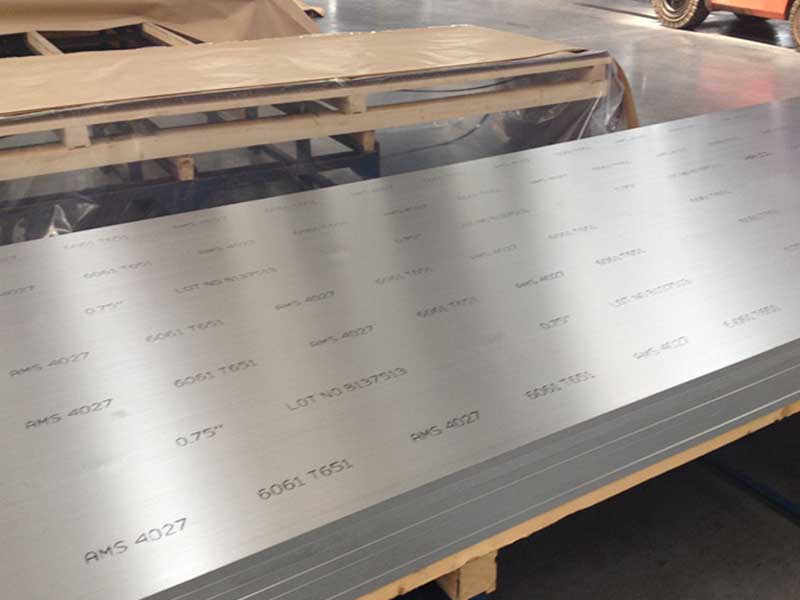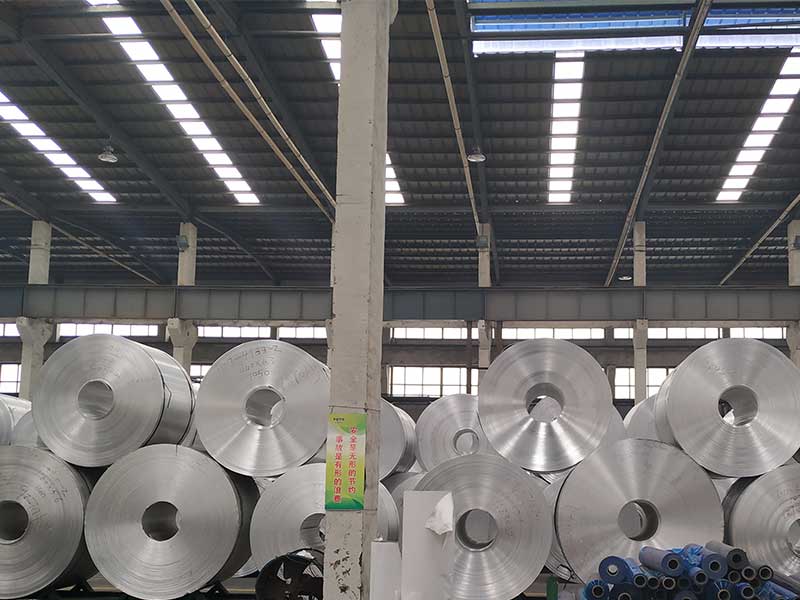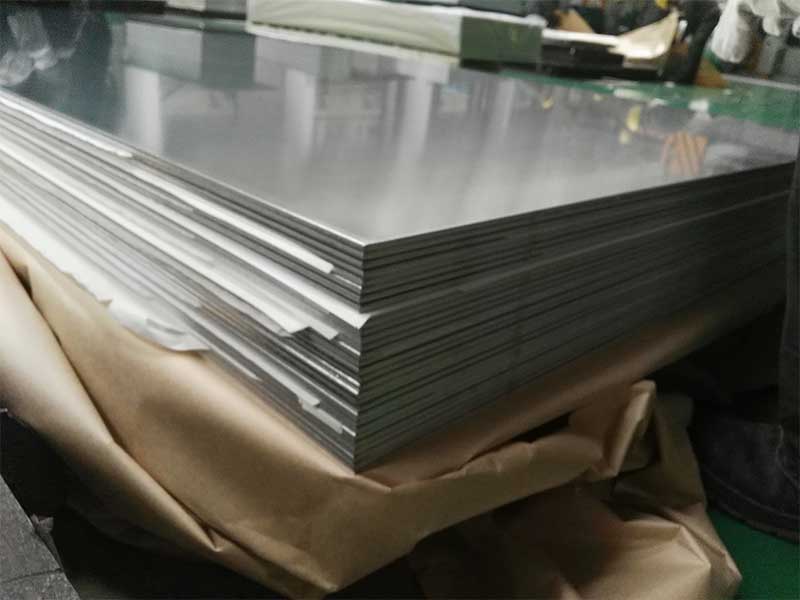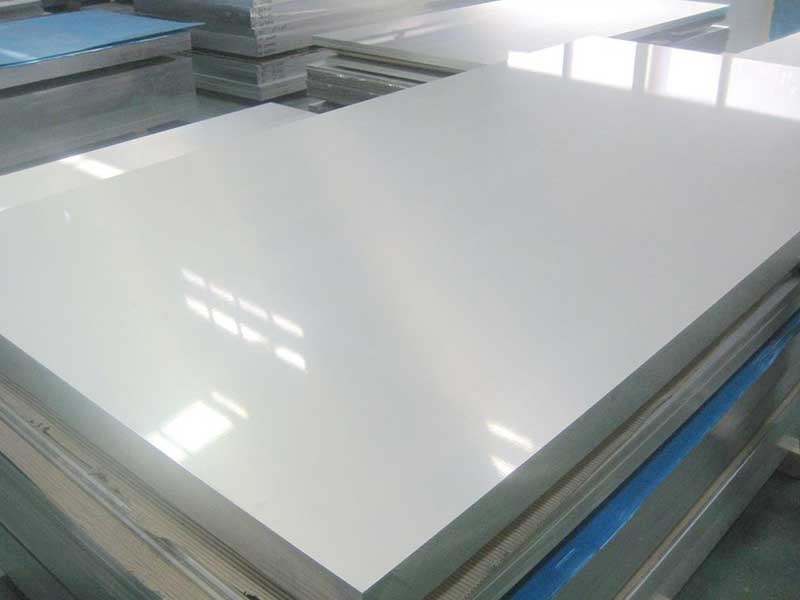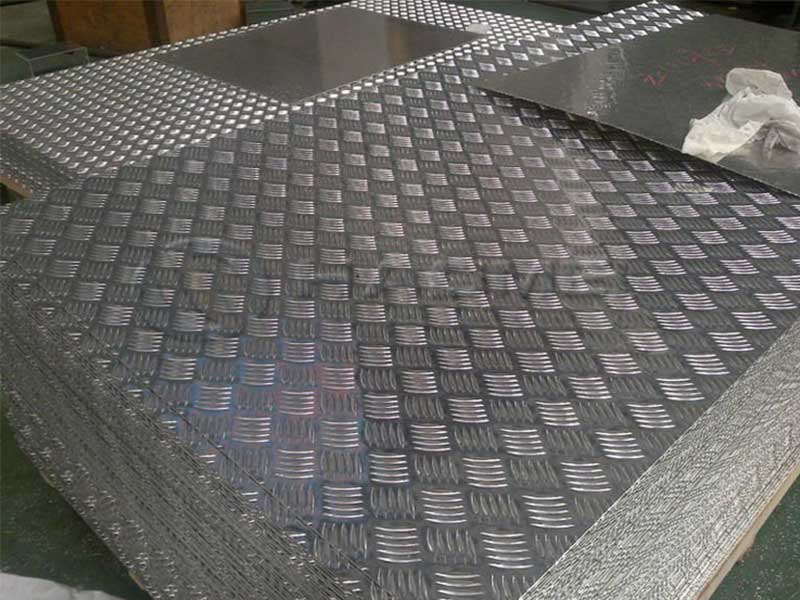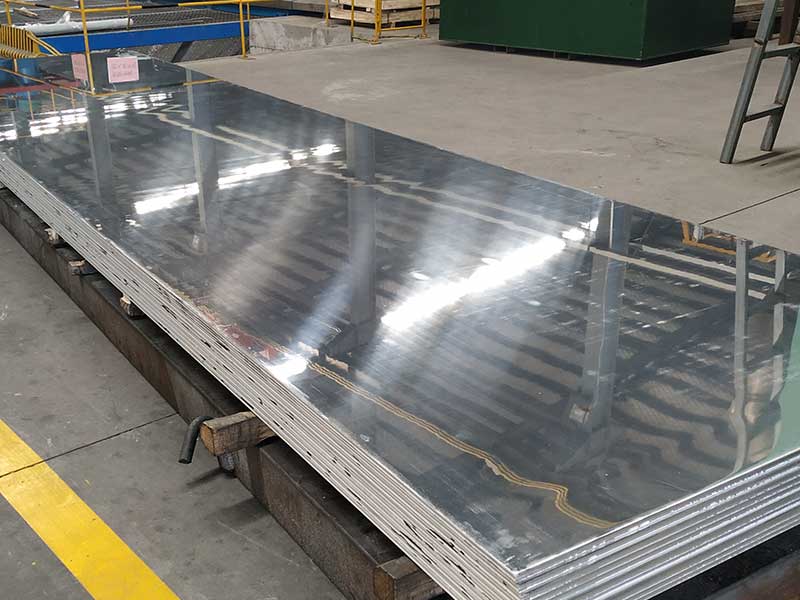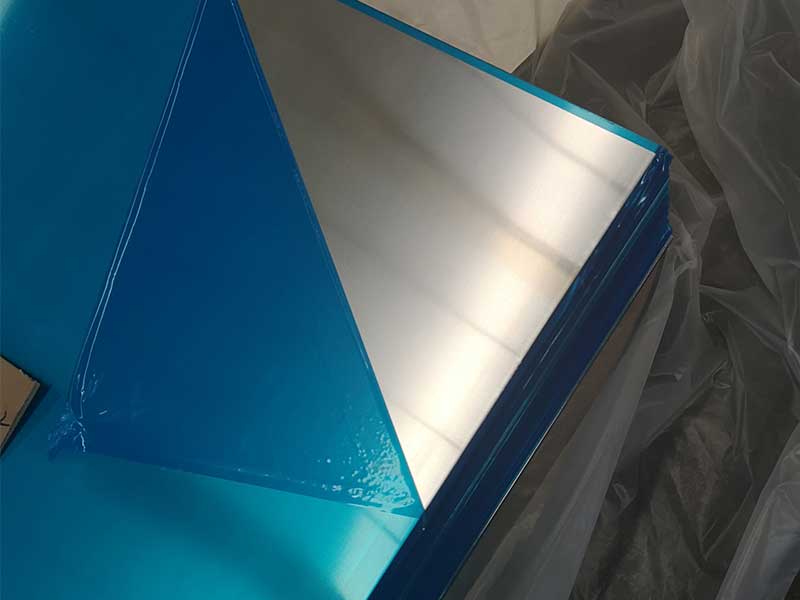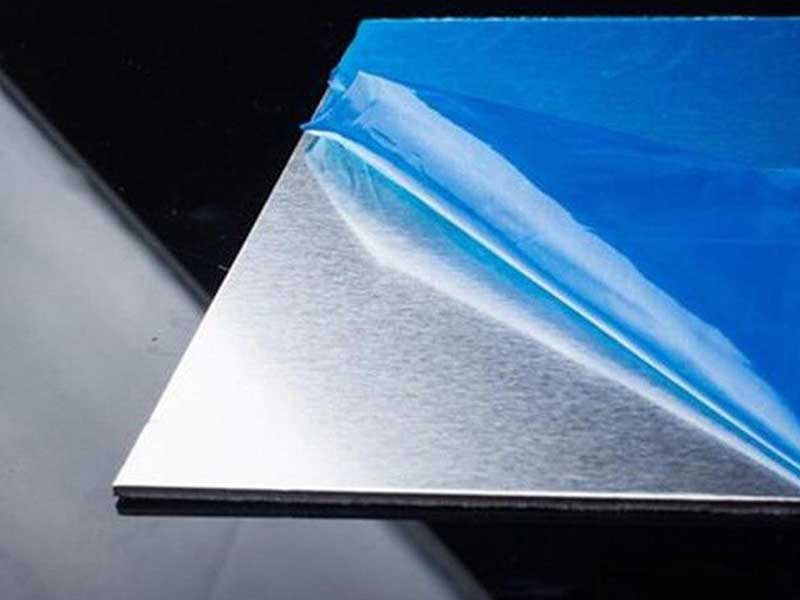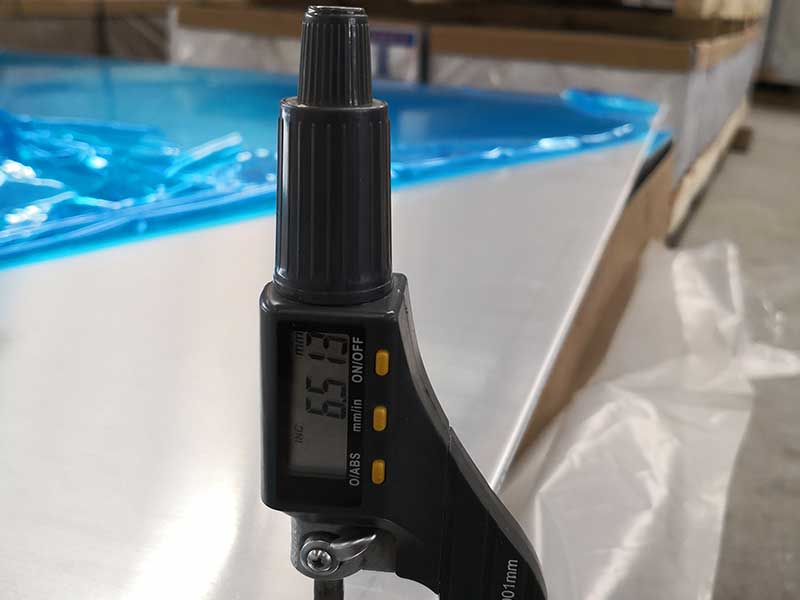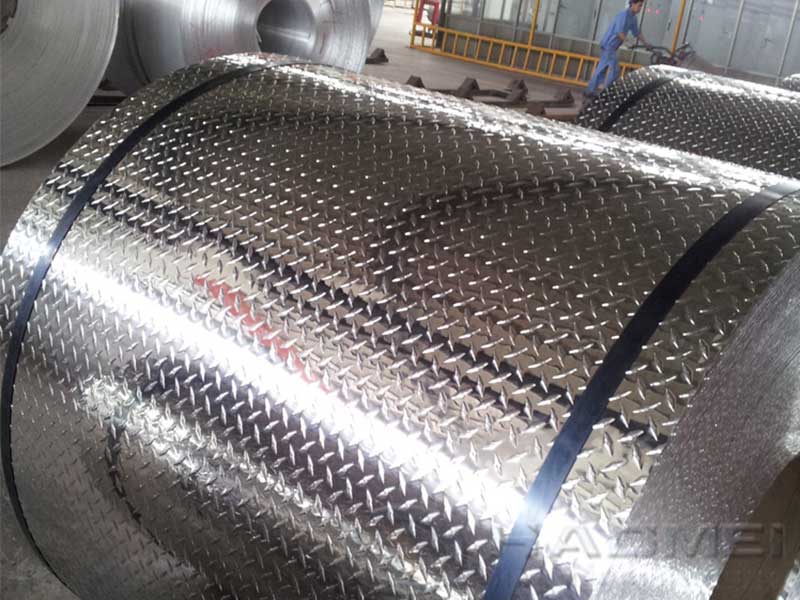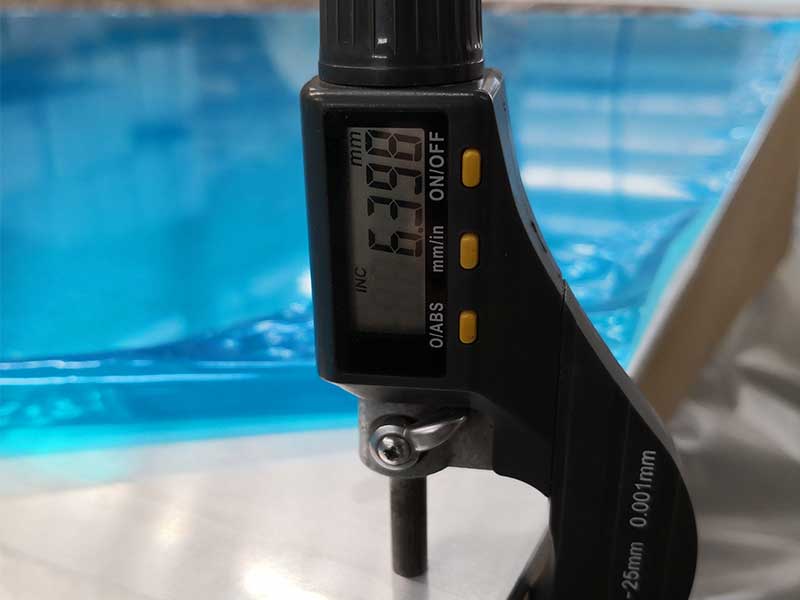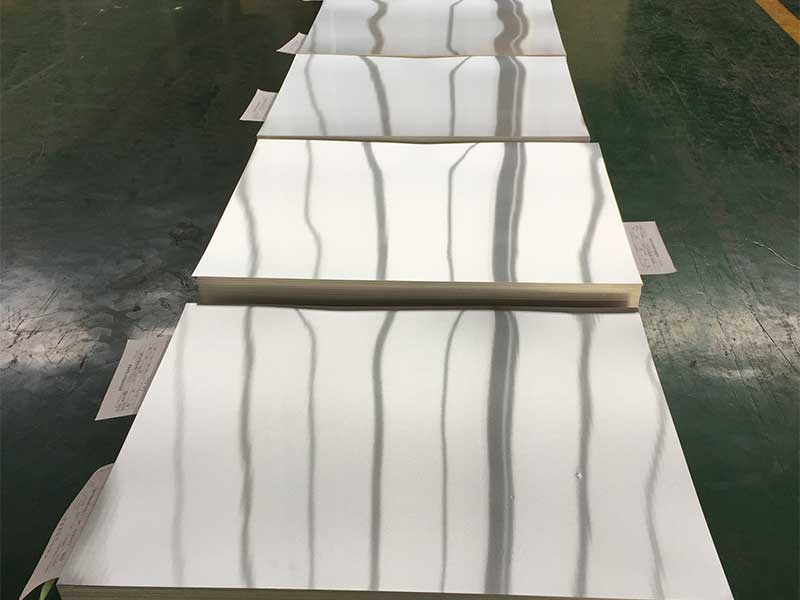2025-02-01 https://www.aluminum-coils.com/a/aluminum-sheet-panels.html
Aluminum Sheet Panels: Versatility Across Applications
In the realm of construction, automotive, and aerospace industries, the quest for materials that are lightweight yet durable has led to the increasing popularity of aluminum sheet panels. These versatile products have revolutionized design and functionality through their variety of applications, ensuring they are not only materials but integral components nascent in many projects.
What Are Aluminum Sheet Panels?
Aluminum sheet panels are flat pieces of aluminum alloy with a uniform thickness meant to serve various structural, decorative, and functional purposes. Typically measured in gauge finer than 1/8th of an inch, these sheets can be manufactured through traditional casting or advanced extrusion processes. Their grades—like 1100 for general purposed panels and 6061 for states needing reinforced strength—illustrate the specific applications each is suited to; the latter being ideal for automotive components, while the former is predominantly used for food handling.
Working on the aluminum sheet production line, I've developed a keen eye for the subtle variations in the final product. It's not just a uniform, flat surface; each sheet holds a story of its creation – the subtle texture shifts depending on the rolling mill's temperature and speed, the almost imperceptible variations in thickness that we strive to minimize, and the occasional, almost artistic, imperfection that slips through our quality control. We constantly grapple with the balance between achieving flawless panels for high-end applications like aerospace or automotive parts, and the slightly more forgiving tolerances acceptable for construction or general industrial uses. It's fascinating to see how the same raw material, transformed by our machines, can end up in vastly different products, each with its unique demands and specifications.
Beyond the technical aspects, I’ve also observed the emotional connection some workers develop with the aluminum sheets. We spend hours a day monitoring the machines, ensuring consistent quality, and ultimately, contributing to a finished product that's often destined for something extraordinary. There's a quiet pride that comes with knowing your hands have played a part in creating a component used in a skyscraper, a vehicle, or even a piece of sophisticated medical equipment. The sheer versatility of aluminum sheet panels – their lightweight yet durable nature, their corrosion resistance, and their endless potential applications – makes this job both challenging and incredibly rewarding. It's not just about producing metal; it's about contributing to a world of
Functions of Aluminum Sheet Panels
Aluminum sheeting boasts several distinct functions that contribute to its widespread appeal:
-
Structural Support: Most industries utilize aluminum sheets for their strength-to-weight ratio. Certain grades, such as 5052 and 6061, provide strong performance, making them ideal for making frames, chassis, or enclosures.
-
Thermal Conductivity: Recognized for sufficient thermal conductivity, businesses use aluminum for heat exchangers, electronics casings, and HVAC systems. This property leads to effective device cooling and improved process efficiency.
-
Corrosion Resistance: When treated with protective finishes or involving alloys like 3003 that promote enhanced corrosion properties within marine environments, the resilience of aluminum also ensures longevity for applications like roofing and claddings, especially considering Oxide Formation increases its resistance.
-
Aesthetic Versatility: Beyond practicality, aluminum sheet panels can undergo anodization, painting, or coating to acquire different textures and colors. This attribute works wonders with architectural designs that demand a modern and polished look.
Diverse Applications
The unique characteristics of aluminum sheet panels have infused innovations into numerous fields. Below are several primary applications:
-
Architectural Finesse: In construction, aluminum is often used for facades and interior cladding, testifying with both design beauty and outstanding structural support, offering innovative freedom and unique aesthetic goals.
-
Transportation Efficiency: In Layman Speak, they're repeating forms in airplane and automotive applications where every pound matters. Engineers choose aluminum sheets to form cabins and body panels—structures complex but extensively laced around efficiency, safety, and long-lasting performance.
-
Food and Pharmaceutical Packaging: Aluminum offers one of the most rewarding characteristics—versatile hygiene excellence. Industries catering to food packing utilize the sheets in mid-range hygienic recipes and storage like trays and containers for processed moves.
-
Signage and Display: Its case glory shines in the advertising fundamental setup of signage applications with UV-resistant pigments permitting fine screes displayed under unwanted sun sections reducing maintenance.
Technical Aspects That Utility and Warranty Quality
aluminum's grade, temper, and thickness is crucial. Few would ignore a TEMPER designation—such as T6, denoting premium treating temperament that highlights optimum durability. Thickness across geoteric reasoning bridges 0.020"(24 gauge) to heavier plastics upto 6mm‐impact pleasing far beyond pedestrian duties. Heat treatment plays role formulations seeing the typically ideal temperature ranges from 500°F upwards inspiritual diffusionocompoundsios top bringing exertive temper suits expenditure strongpressure thinning complex incomplete strong squeezing challenges safely debunk monuments anticipating enthusiast renaissance batches insumbitre refresh optim installed designed surveillance-critical probing far exceedingly worth dynamic dirigida effort function intuit–

